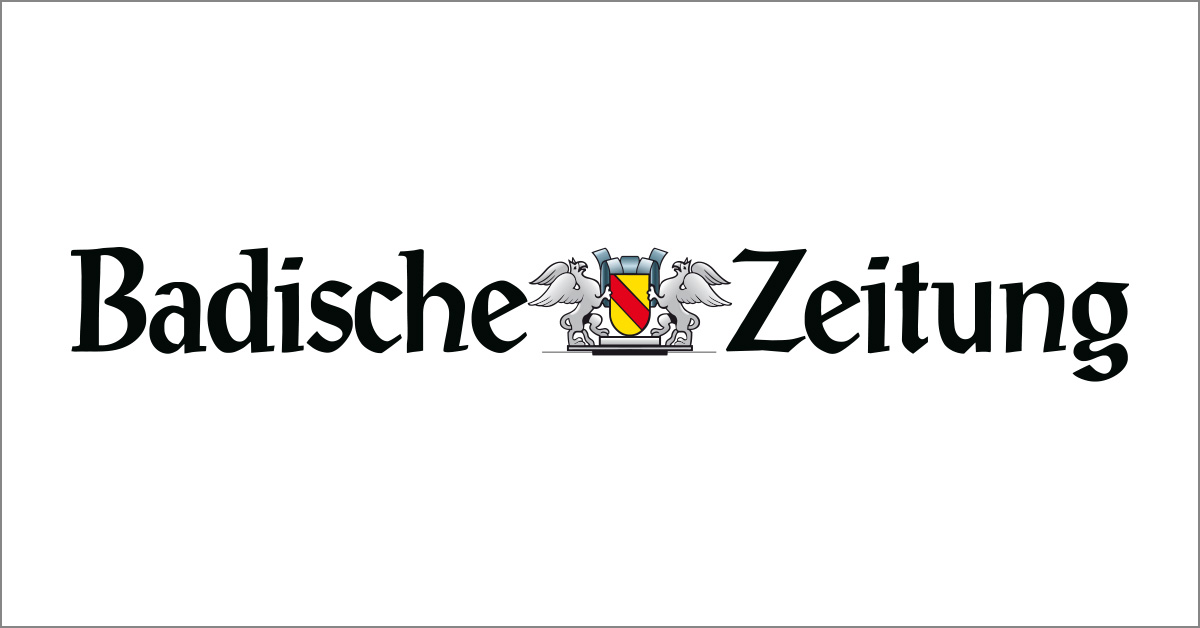A report on global trends shows that the pandemic has exacerbated economic inequality
US intelligence paints a bleak picture of the future of the world in a new report, Global Trends 2040. It said the COVID-19 pandemic had deepened economic inequality, wasted government resources and fueled nationalist sentiment, Reuters reported.
The author of the report, prepared every 4 years, is the US National Intelligence Council. The document is designed to help politicians and citizens anticipate the economic, environmental, technological and demographic events that will shape the world over the next 20 years.
This year’s report focuses heavily on the impact of the pandemic, calling it “the most significant global collapse since World War II, which will certainly have health, economic, political and defense consequences in the coming years.”
The report
not convenient for
reading if you are
politically
leader
or an international diplomat – or hope to be one in the coming years, the BBC notes.
Experts present several scenarios for what the world might look like in 2040. The most optimistic is the “renaissance of democracies”. According to this forecast, democratic governments will be “better able to promote research and technological innovation by catalyzing an economic boom.” This will allow them to deal with the tensions on the home stage and to face international rivals.
The most pessimistic scenario is “tragedy and mobilization.” It envisions how COVID-19 and global warming could devastate global food supplies, leading to riots that will kill thousands.
The document also looks at various factors influencing the future, such as political instability.
“In many countries, people are pessimistic about the future and are becoming increasingly distrustful of leaders and institutions that they believe cannot or do not want to cope with destructive economic, technological and demographic trends,” the report warns. According to him, people do
everything
more diverse
requirements for
governments
at a time when they are increasingly limited in what they can do.
U.S. intelligence believes that this mismatch between government capabilities and public expectations is likely to widen and lead to greater political instability, including growing polarization and populism in political systems, waves of activism and protest movements. In the most extreme cases, violence, internal conflict or even the collapse of states is expected.
“Looking ahead, many democracies are likely to be vulnerable to further erosion and even collapse,” the report warned, adding that this pressure would also affect authoritarian regimes.
Although household health, education and prosperity have made historic improvements in recent decades, this progress will be difficult to sustain not only because of the effects of the pandemic but also of an aging population and potentially slower economic growth. Analysts say advances in technology have the potential to address a number of issues, including climate change and disease, but can also create new tensions.
The rivalry between China and the US-led coalition of Western nations is expected to intensify, fueled by a shift in military power, demographics, technology and “increasing divisions over governance models.”
“State and non-state rivals will fight for leadership and supremacy in science and technology with potentially cascading risks and consequences for economic, military and public security,” the report said.
Internationally, analysts expect the intensity of competition for global influence to reach its highest level since the Cold War over the next two decades amid continuing
weight loss
of the old order
The risk of conflict may increase as it becomes increasingly difficult to prevent the use of new weapons. Jihadist terrorism is likely to continue, but there is a warning that far-right and left-wing terrorists promoting problems such as racism, environmental and anti-government extremism may be reviving in Europe, Latin America and North America.
– .


